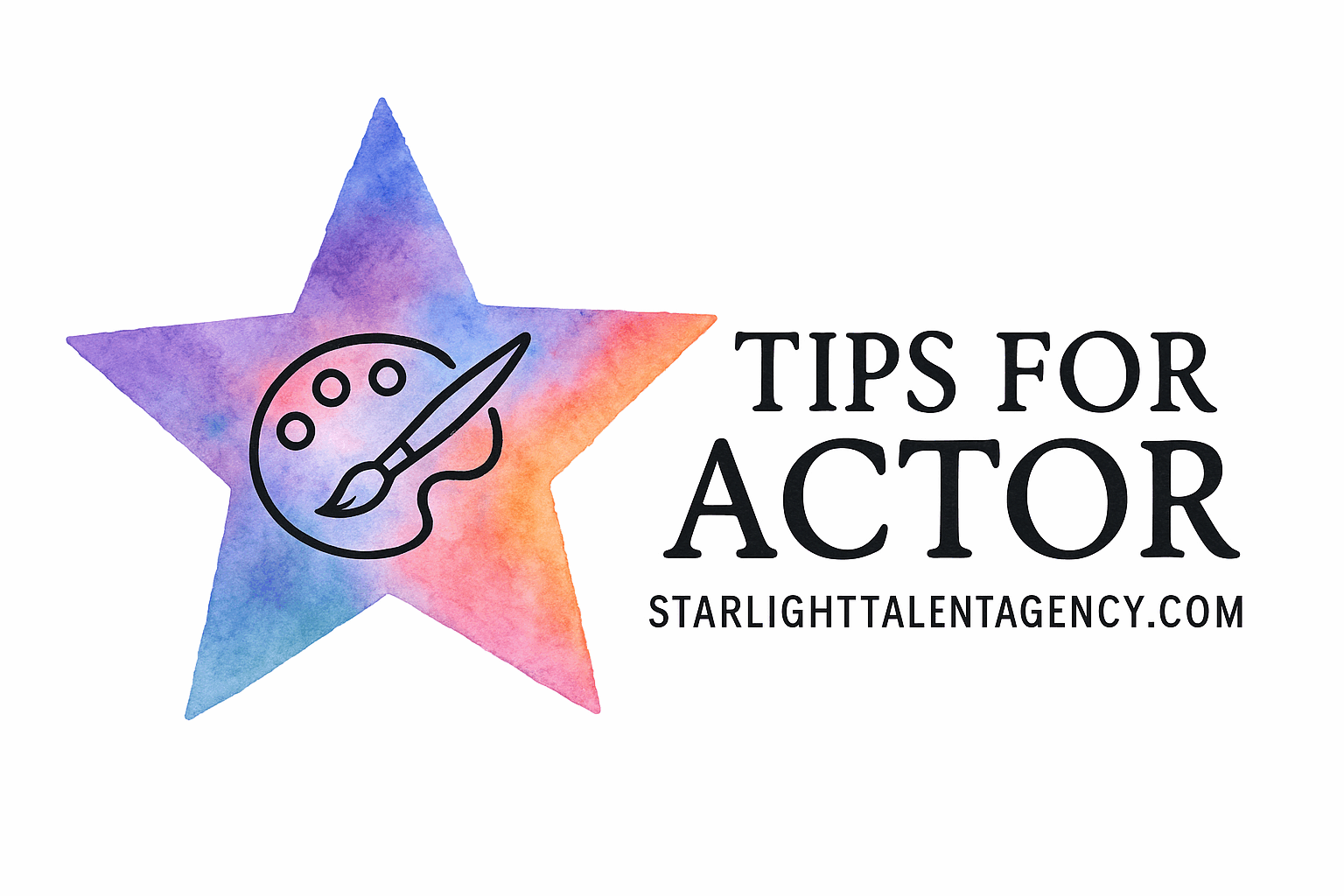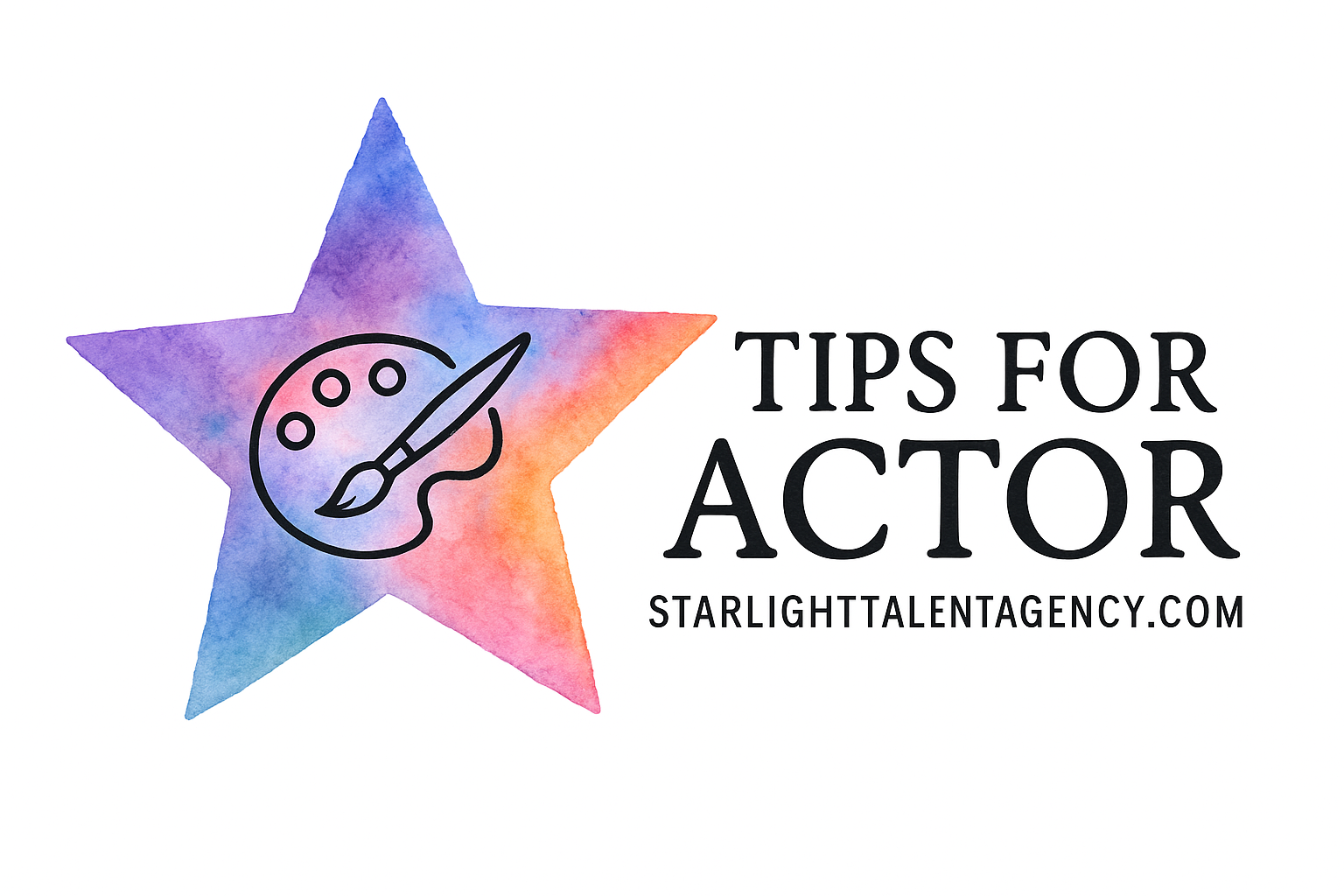Introduction: Why Audition Etiquette Matters for Every Actor
Every actor dreams of landing that one role that changes everything — the moment your name lights up on the screen or stage. But before that dream role becomes reality, you have to conquer the audition room. And here’s the truth: talent alone isn’t always enough. Your audition etiquette — how you behave, communicate, and present yourself — often makes the difference between a callback and a polite “thank you.”
Whether you’re a seasoned performer or just starting out, understanding audition etiquette can transform your confidence and professionalism. These nine coaching tips will help you not only nail your performance but also leave a lasting, positive impression on casting directors.
Understanding the Power of First Impressions
How Your Entrance Sets the Tone
The moment you walk through that audition door, the clock starts ticking. Casting directors begin evaluating you before you even open your mouth. Your entrance speaks volumes about your confidence and energy. Walk in with good posture, a genuine smile, and calm assurance — that’s your silent introduction.
The Unspoken Rules of Professional Conduct
Simple manners go a long way: greet everyone, respect personal space, silence your phone, and avoid overtalking. Remember, etiquette isn’t about pretending — it’s about showing respect and self-awareness, two traits every professional actor should embody.
Coaching Tip #1: Master the Art of Punctuality
Why Being Early Equals Being Prepared
In the acting world, being on time actually means being early. Arriving 10–15 minutes before your slot gives you time to breathe, collect your thoughts, and warm up. Late arrivals signal disorganization — a quick way to lose credibility before the audition even begins.

Time Management Strategies for Busy Actors
Plan your route, anticipate traffic, and always have a backup plan. Set alarms, prepare your wardrobe the night before, and pack your essentials. These small steps show you’re dependable and serious about your craft.
Coaching Tip #2: Dress the Part (But Keep It Subtle)
Wardrobe Choices That Speak Volumes
Your outfit should suggest the character — not scream it. A hint of the role’s vibe helps the casting team visualize you without feeling like you’re in full costume. Clean, neat, and neutral outfits work best for camera auditions.
Avoiding Common Costume Mistakes
Avoid heavy makeup, loud colors, or distracting jewelry. Comfort is key; if you’re fidgeting, it shows. Think of your clothing as the frame that highlights your performance — not the centerpiece.
Coaching Tip #3: Greet with Confidence and Respect
Building Rapport with Casting Directors
Casting directors aren’t looking for perfection — they’re looking for someone they want to work with. A confident handshake (or friendly nod), eye contact, and a polite “thank you for having me” go a long way. You’re building relationships, not just showing talent.
Body Language and Non-Verbal Cues
Your body communicates before your words do. Keep an open stance, avoid crossing your arms, and be aware of your facial expressions. Calm energy translates to confidence and professionalism.
Coaching Tip #4: Be Fully Present in the Room
Mental Focus and Breathing Techniques
Before you start, take one deep breath. It centers your mind and calms your nerves. Meditation, visualization, or brief breathing exercises can sharpen your focus and help you connect with the scene emotionally.
Leaving Distractions at the Door
Don’t bring your day’s stress into the room. Forget about your phone, traffic, or your last audition. The casting room deserves your full attention. Presence is your superpower.
Coaching Tip #5: Take Direction Gracefully
Listening vs. Reacting in Real Time
A big part of audition etiquette is showing you can take direction. Listen carefully, nod to show understanding, and adjust without defensiveness. Flexibility is gold in this business.
How to Show Flexibility Without Losing Your Character
Even if the director’s note seems offbeat, roll with it. Adapt quickly, stay in character, and show range. You’re demonstrating that you’re coachable — a trait every director values.
Coaching Tip #6: Respect Everyone in the Room
Understanding the Team Behind the Table
From assistants to casting associates, everyone in that room has influence. Treat each person with equal respect. Word travels fast in the industry — professionalism builds reputation.
Why Kindness and Gratitude Go a Long Way
A simple “thank you for your time” shows maturity and respect. Kindness costs nothing, but it’s remembered. Gratitude keeps doors open for future opportunities.
Coaching Tip #7: Handle Mistakes Like a Pro
Turning Slip-Ups into Opportunities
Forget a line? Don’t panic. Take a breath, recover, and keep going. Confidence in recovery often impresses more than a flawless read.
Staying Grounded Under Pressure
Everyone messes up sometimes. The best actors don’t fear mistakes — they own them. Laugh it off, reset, and show resilience. That’s true professionalism.
Coaching Tip #8: Exit with Professional Grace
The Power of a Strong Closing Impression
Your exit is the bookend to your performance. End with composure, a smile, and a sincere thank you. No need to linger or over-apologize. Let your work speak for itself.
What to Do Right After the Audition
Resist the urge to overanalyze. Take notes while it’s fresh, then let it go. Each audition is a learning experience, not a final judgment.
Coaching Tip #9: Follow-Up the Right Way
Crafting a Thank-You That Stands Out
A brief thank-you email — within 24 hours — shows professionalism. Keep it short, polite, and genuine. No flattery, no desperation — just gratitude and positivity.
Knowing When (and When Not) to Reach Out
If you don’t hear back, don’t pester. Casting teams are busy. Trust that if it’s meant to be, it will happen. Focus your energy on preparing for the next opportunity.
Common Audition Etiquette Mistakes to Avoid
Red Flags That Cost You Roles
- Arriving late or unprepared
- Interrupting or talking too much
- Ignoring directions
- Overacting or forcing emotion
- Leaving abruptly or being dismissive
Each small slip can leave a lasting mark. Stay polished, professional, and self-aware.
How Coaching Improves Audition Performance
Personalized Feedback and Growth
Working with a professional coach gives you perspective — they can see what you can’t. Through mock auditions, feedback, and tailored exercises, coaching refines your craft, confidence, and etiquette.
Professional platforms like Starlight Talent Agency provide acting workshops and coaching sessions focused on everything from self-tape mastery to character development — essential tools for actors looking to level up.
Conclusion: Elevate Your Acting Career with Proper Audition Etiquette
Acting is more than just performing — it’s about presence, respect, and professionalism. Every audition is a chance to show not just your talent but your integrity. When you pair great acting with proper etiquette, you stand out as someone easy to work with — and that’s what casting directors remember.
So, breathe, prepare, show up early, be kind, and always bring your best self. With these nine coaching tips, you’ll not only ace your auditions but build a reputation that opens doors for years to come.
FAQs
1. What is audition etiquette?
Audition etiquette refers to the professional behaviors and manners actors display during auditions, such as punctuality, respect, and preparation.
2. Why is punctuality so important in auditions?
Being early shows reliability and dedication, giving casting teams confidence in your professionalism.
3. How should I dress for an audition?
Dress to suggest the character subtly, keeping your outfit clean, neutral, and distraction-free.
4. How do I recover if I forget my lines?
Pause, breathe, and pick up naturally. Directors appreciate composure more than panic.
5. Should I contact casting directors after an audition?
Only send a brief thank-you email once; avoid follow-up messages unless invited.
6. What’s the biggest audition mistake actors make?
Being unprepared or disrespectful. Confidence should never come across as arrogance.
7. How can acting coaches help improve etiquette?
Acting coaches provide constructive feedback, help refine your approach, and teach real-world professionalism for every audition.

